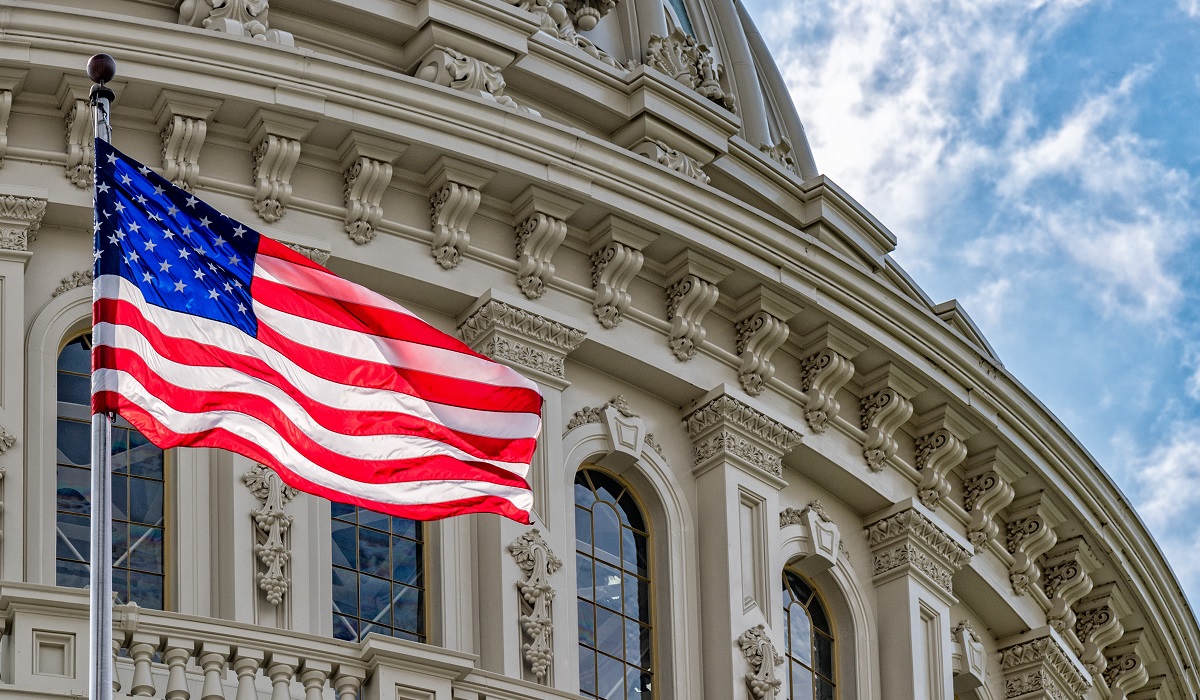Expanding the 25C Tax Credit Is a No-Brainer for Climate Action
Let's Save Energy
Alliance to Save Energy's Blog
Expanding the 25C Tax Credit Is a No-Brainer for Climate Action

Guest blog by Alliance Board Member Curt Rich, President and CEO, North American Insulation Manufacturers Association
Unsurprisingly, a number of policy issues stand in the way of passage of the bipartisan infrastructure package and the Build Back Better reconciliation legislation currently pending in Congress. Much less controversial is the bipartisan support for addressing climate change by making our housing stock more energy efficient. A robust 25C residential efficiency tax credit is the policy this country needs to spur homeowner action and realize the carbon emission reductions and consumer savings that come from energy efficiency retrofits.
Aging Housing Stock, Expiring Credit
There are more than 100 million homes in the United States with an average age of 39 years. It doesn't take a building scientist to know that a home built in 1982 is far less energy-efficient than a home built today.
While homeowners know that an energy-efficient home means lower utility bills and increased comfort, getting a homeowner to act can be tough. This decision-making process often involves researching utility incentive programs, getting an energy audit, finding a contractor, and choosing the right measure and product. So, the challenge then is to create an incentive that is worth the hassle.
The current 25C tax credit is not that incentive. This credit can only be used once in a lifetime by a taxpayer, frequently expires, and is limited to 10% of project cost, up to $500. These drawbacks mean that most contractors have all but given up on marketing the credit. For homeowners, it is a "nice to have" but not a call to action.
Increased Incentive Drives Action
There's plenty of evidence that a robust tax incentive for energy-efficient upgrades appeals to consumers. The 2009 American Recovery and Reinvestment Act (ARRA) increased the homeowner’s energy efficiency tax credit from 10% to 30% of the total cost for qualifying home improvements with a maximum amount of $1,500. This policy generated a big increase in homeowners' energy efficiency investment in existing homes. A GAO report found that the total claimants for the $500 residential energy efficiency credit in 2007 totaled 4.3 million Americans. When the credit was increased to $1,500 under the ARRA, 6.8 million homeowners claimed the credit, an increase of 2.5 million people. This consumer uptake occurred despite the fact that our country was in a deep recession.
The congressional tax-writing committees propose including in the climate action section of the reconciliation bill a multi-year expansion of the 25C tax credit, with a maximum deduction of $1,200 annually, or 30% of the cost for labor and materials for eligible home improvements. This is the sort of credit this country needs to spur homeowner action on a massive scale – a scale that will result in real, measurable emission reductions.
Overwhelming public support
There is overwhelming public support for congressional action to fight climate change and invest in clean energy. This summer, polling by Climate Power and the League of Conservation Voters showed that 73% of voters support the Build Back Better reconciliation plan. Further, some 66% say that taking action to address climate change should be an important priority for Congress and President Biden.
The proven benefits of energy efficiency retrofits are well known. Dollars in the form of more attractive tax incentives inspire homeowners to act. Now is the time to urge our lawmakers to extend the 25C homeowner energy efficiency tax credit to increase our aging housing stock's energy efficiency.
STAY EMPOWERED
Help the Alliance advocate for policies to use energy more efficiently – supporting job creation, reduced emissions, and lower costs. Contact your member of Congress.
Energy efficiency is smart, nonpartisan, and practical. So are we. Our strength comes from an unparalleled group of Alliance Associates working collaboratively under the Alliance umbrella to pave the way for energy efficiency gains.
The power of efficiency is in your hands. Supporting the Alliance means supporting a vision for using energy more productively to achieve economic growth, a cleaner environment, and greater energy security, affordability, and reliability.



